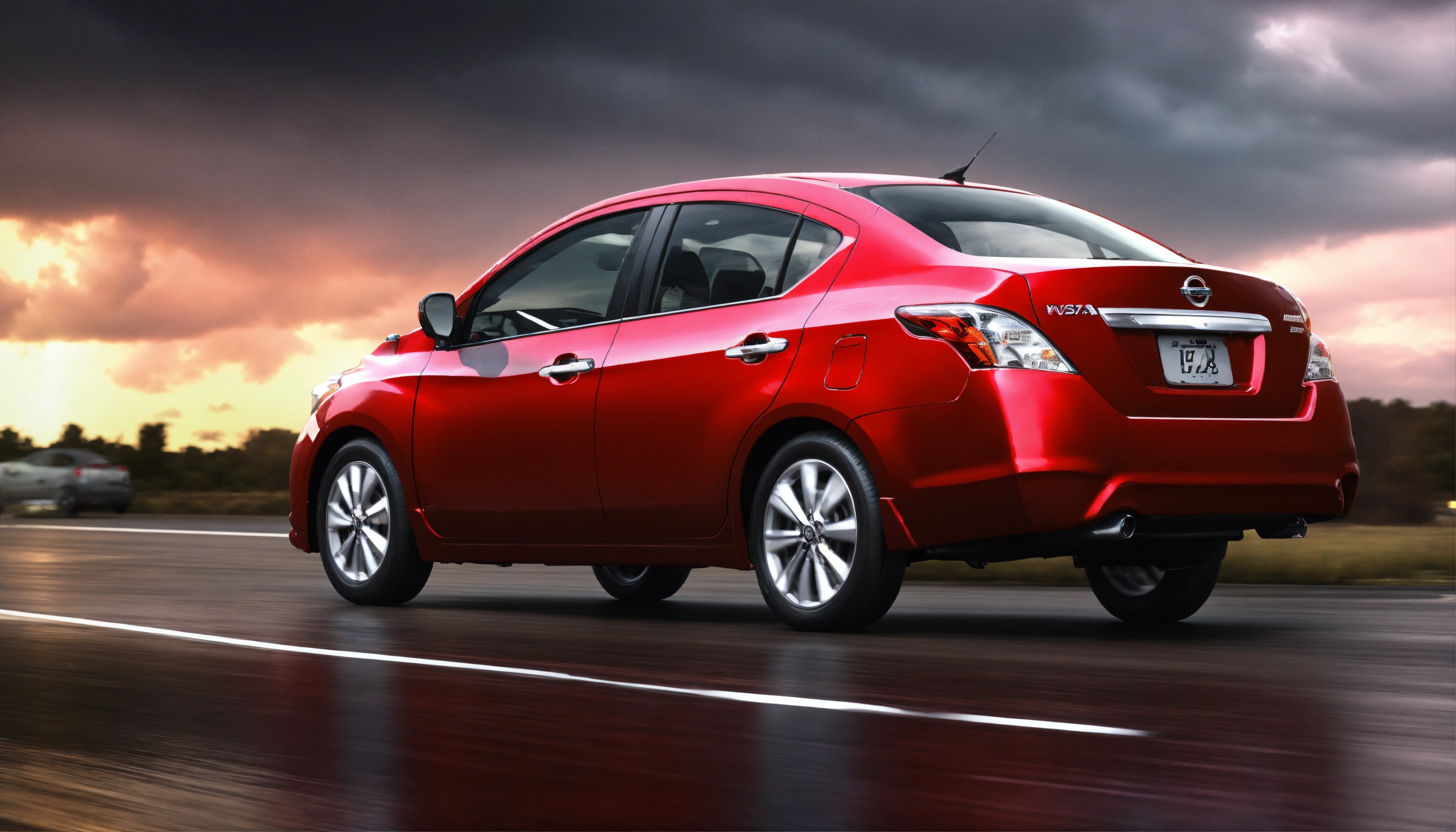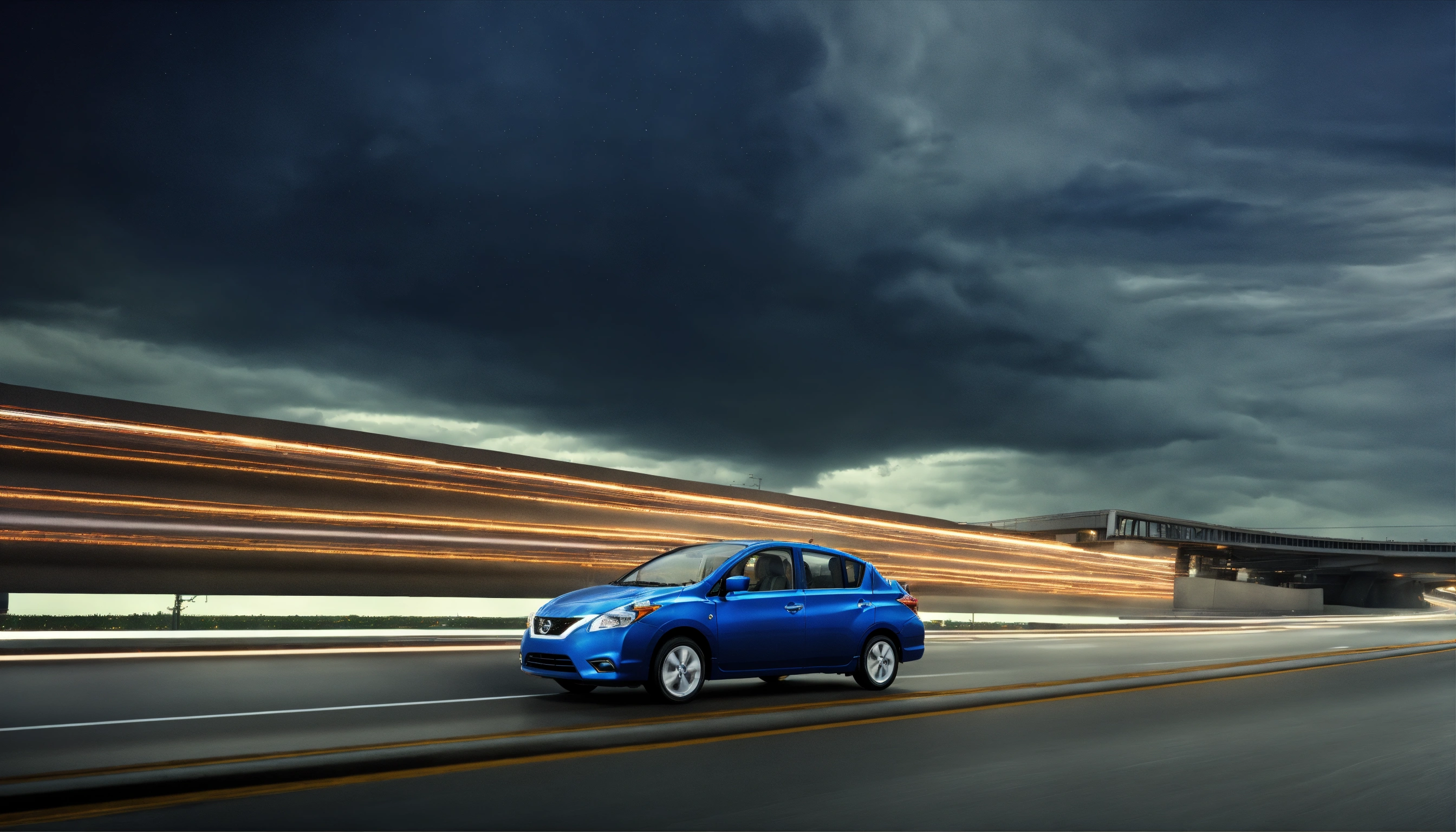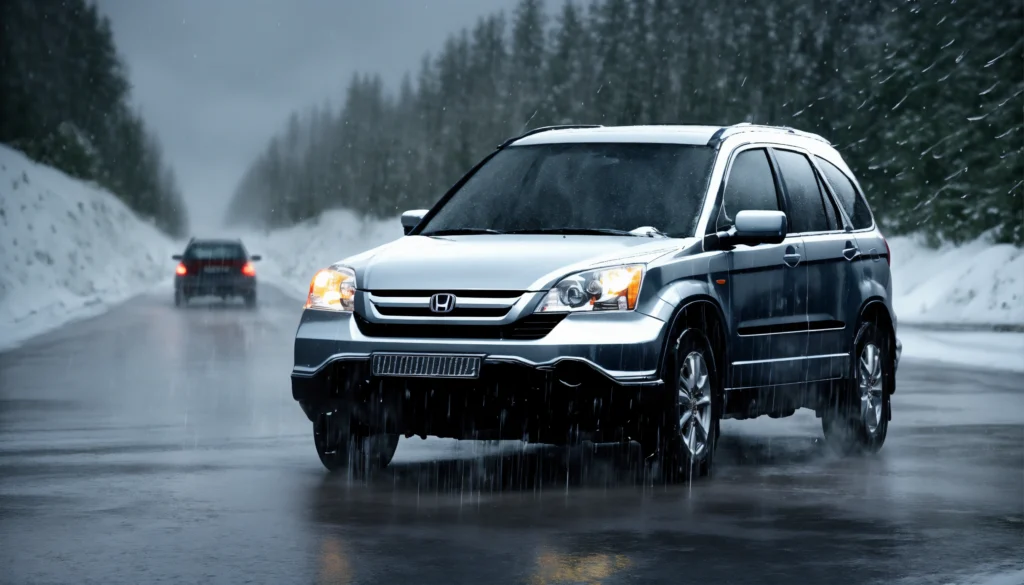Introduction
Choosing the right car insurance can feel overwhelming. With terms like third-party insurance and comprehensive insurance thrown around, how do you know which one fits your needs?
This guide breaks down the differences, benefits, and drawbacks of each policy. By the end, you’ll know exactly which type of coverage protects your wallet—and your peace of mind—best.
What Is Third-Party Insurance?
Third-party insurance is the most basic form of car insurance. It covers damages or injuries you cause to others but doesn’t protect your own vehicle.
Key Features of Third-Party Insurance
- Covers liability for injury or death of another person.
- Pays for damage to someone else’s property (e.g., their car, fence, or building).
- Does not cover repairs for your own car.
- Typically the minimum legal requirement in most countries.
Pros of Third-Party Insurance
✔ Lower premiums – Since coverage is limited, it’s cheaper than comprehensive insurance.
✔ Meets legal requirements – You avoid fines for driving uninsured.
✔ Good for older cars – If your car’s value is low, paying for full coverage may not make sense.
Cons of Third-Party Insurance
✖ No coverage for your vehicle – If you’re at fault in an accident, you pay for repairs out of pocket.
✖ Limited protection – Doesn’t cover theft, fire, or natural disasters.
Real-Life Example
Imagine you accidentally rear-end another car. Your third-party insurance pays for the other driver’s repairs, but if your bumper is damaged, you’ll have to cover the cost yourself.
What Is Comprehensive Insurance?
Comprehensive insurance is the most extensive car insurance policy available. It covers third-party liabilities and damages to your own vehicle.
Key Features of Comprehensive Insurance
- Covers third-party liabilities (same as basic insurance).
- Protects your car from accidents, theft, fire, vandalism, and natural disasters.
- May include add-ons like roadside assistance, zero depreciation, and engine protection.
Pros of Comprehensive Insurance
✔ Full protection – Covers both your car and others’.
✔ Financial security – No surprise expenses after an accident.
✔ Optional add-ons – Customize coverage based on your needs.
Cons of Comprehensive Insurance
✖ Higher premiums – More coverage means higher costs.
✖ May include a deductible – You pay a portion of repair costs before insurance kicks in.
Real-Life Example
If a tree falls on your car during a storm, comprehensive insurance covers the repairs. If you only had third-party insurance, you’d be stuck with the bill.
Third-Party vs. Comprehensive Insurance: Key Differences
| Feature | Third-Party Insurance | Comprehensive Insurance |
|---|---|---|
| Coverage for Others | ✅ Yes | ✅ Yes |
| Coverage for Your Car | ❌ No | ✅ Yes |
| Theft & Fire Protection | ❌ No | ✅ Yes |
| Natural Disaster Coverage | ❌ No | ✅ Yes |
| Premium Cost | 💲 Low | 💲💲 High |
| Best For | Old cars, budget buyers | New cars, full protection |
Which One Should You Choose?
When to Choose Third-Party Insurance
- You drive an old car with low market value.
- You want the cheapest legal option.
- You’re a low-risk driver with a clean record.
When to Choose Comprehensive Insurance
- You own a new or expensive car.
- You want maximum protection against accidents and theft.
- You live in an area prone to natural disasters or high crime rates.
Expert Insight
“While third-party insurance saves money upfront, comprehensive insurance can prevent huge financial losses in the long run. Always assess your car’s value and your personal risk factors before deciding.” – Sarah Mitchell, Auto Insurance Expert
Frequently Asked Questions (FAQs)
1. Is third-party insurance mandatory?
Yes, in most countries, third-party insurance is the minimum legal requirement to drive.
2. Does comprehensive insurance cover engine damage?
Only if you add engine protection as an add-on. Standard comprehensive insurance may not cover mechanical failures.
3. Can I switch from third-party to comprehensive insurance later?
Absolutely! You can upgrade your policy at renewal time.
Final Verdict
Choosing between third-party insurance and comprehensive insurance depends on your budget, car value, and risk tolerance.
- Save money now? Go for third-party insurance.
- Want full peace of mind? Comprehensive insurance is worth the investment.
Before deciding, compare quotes, read policy details, and consult an insurance expert if needed.




